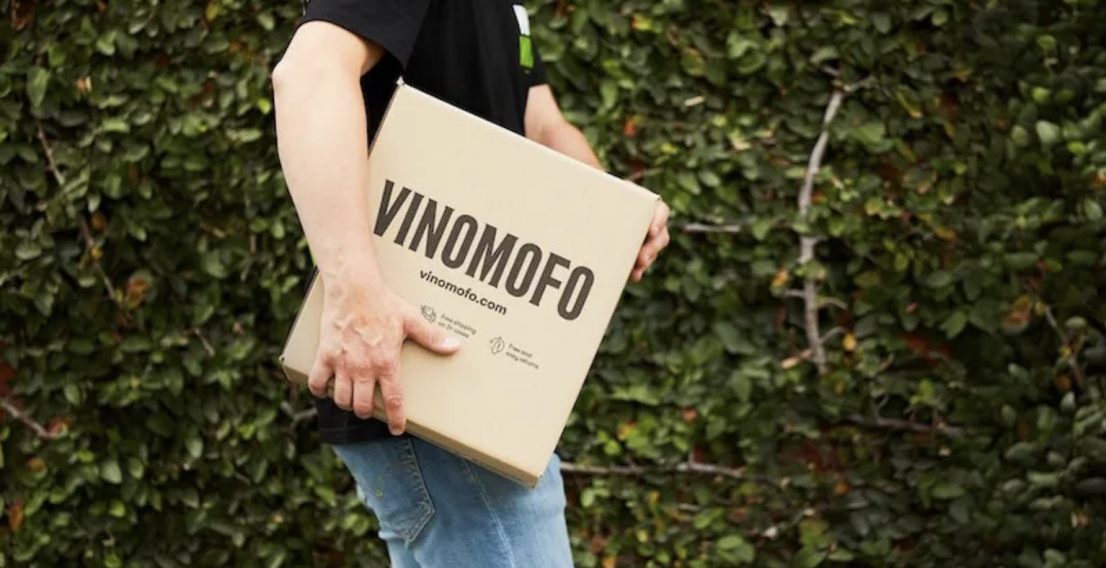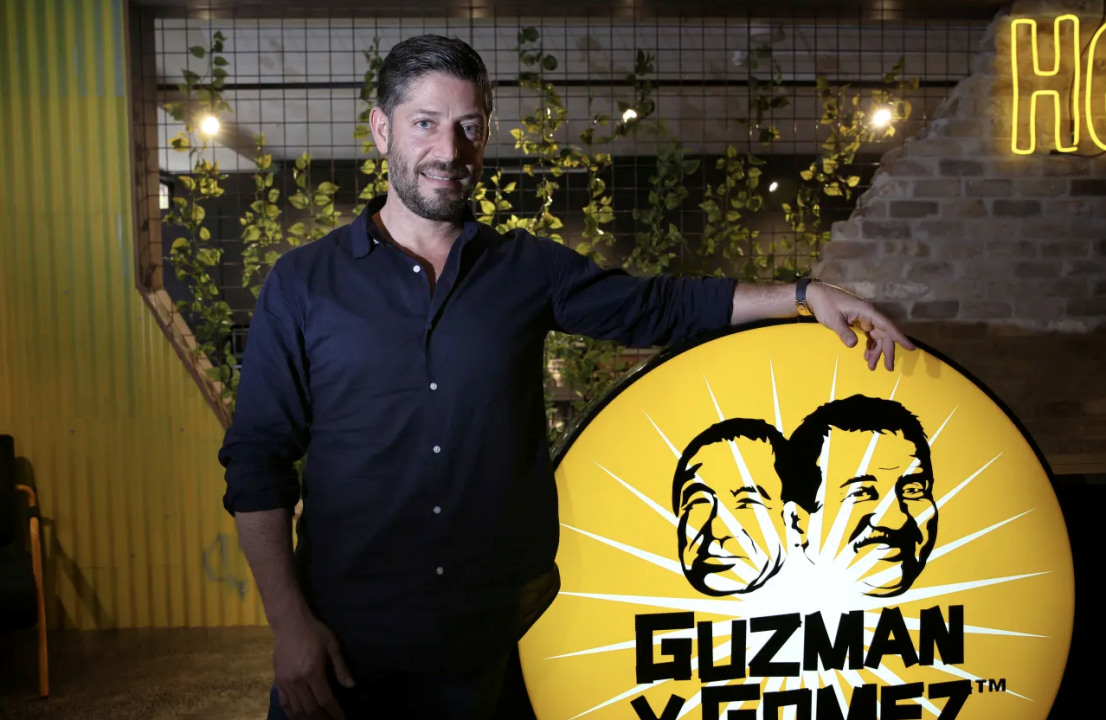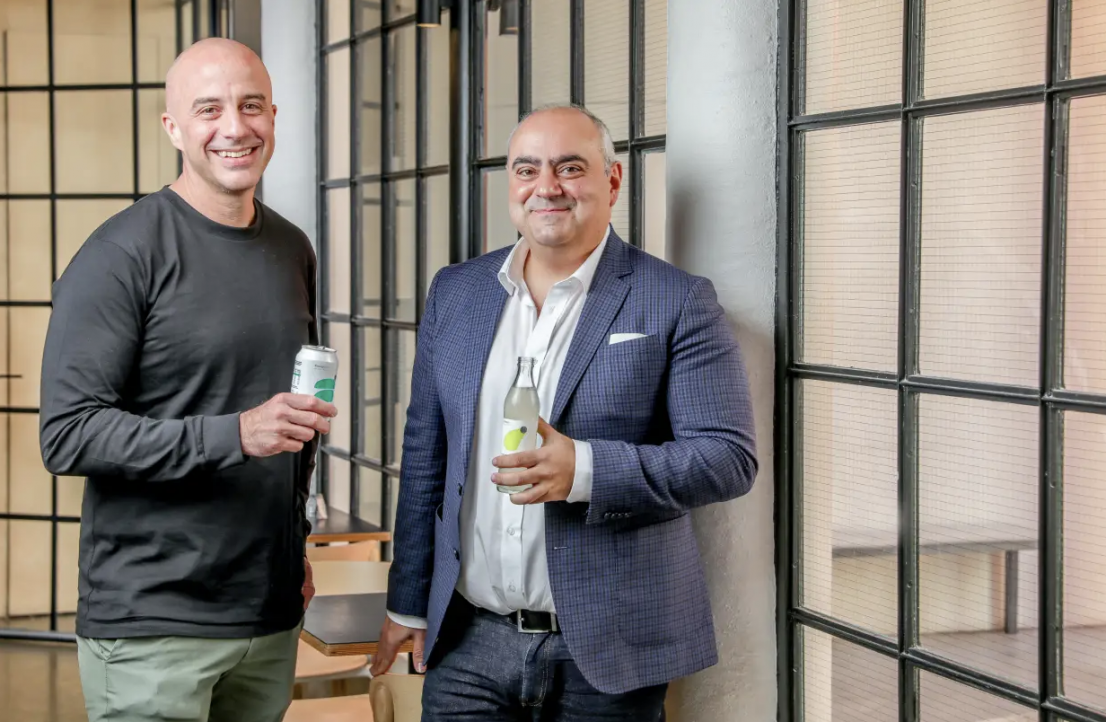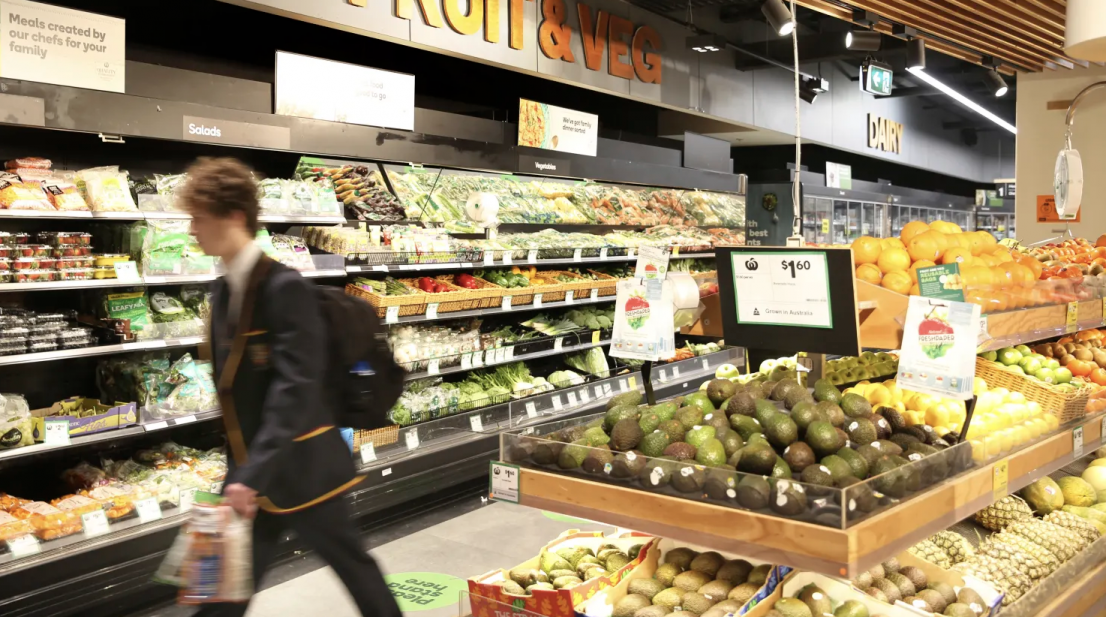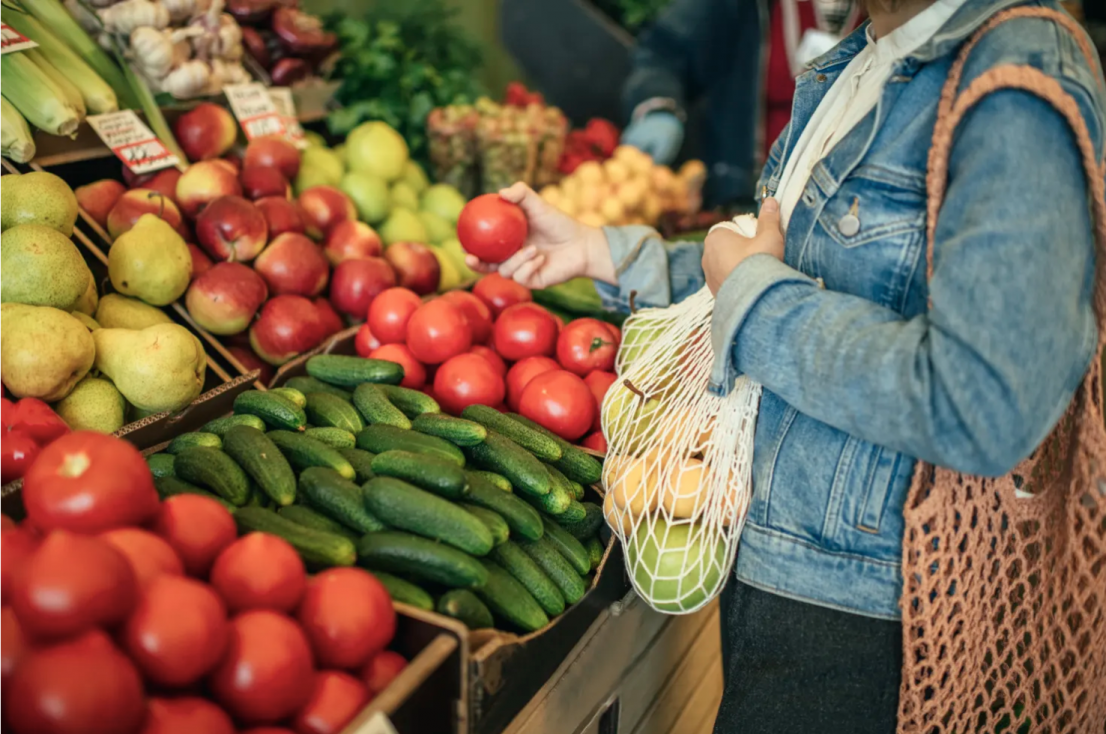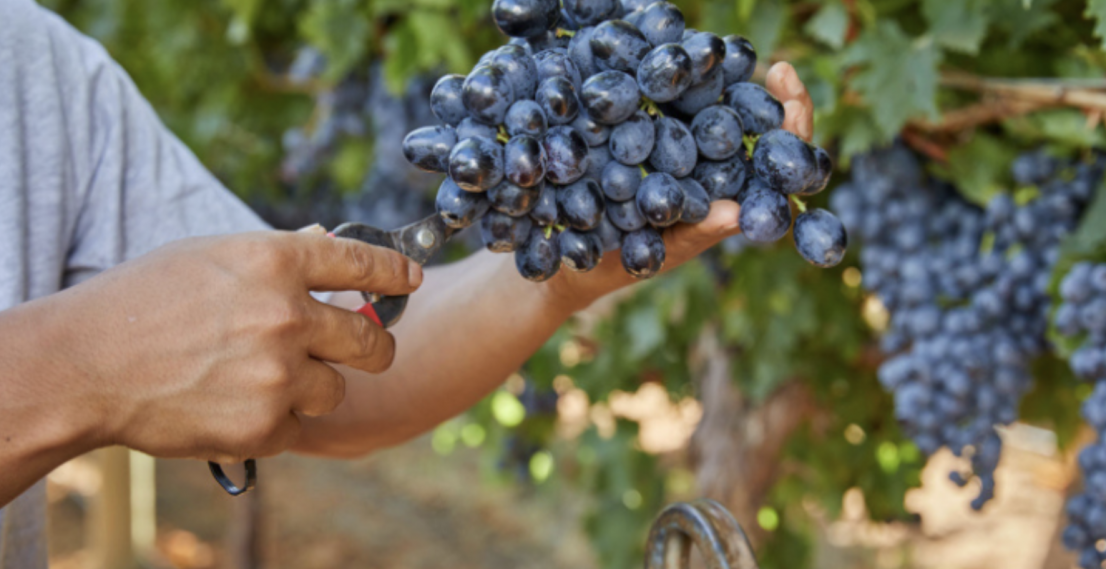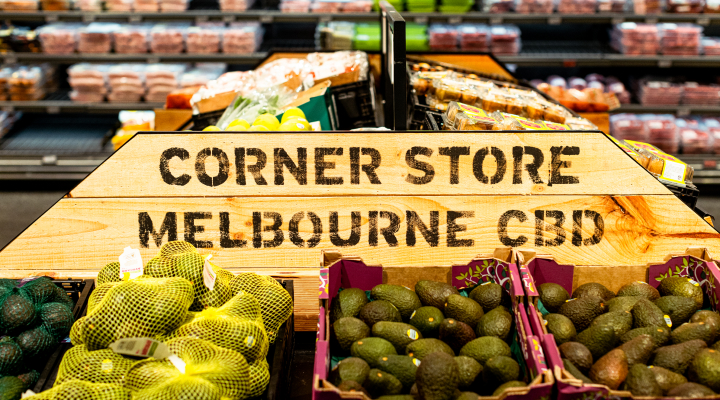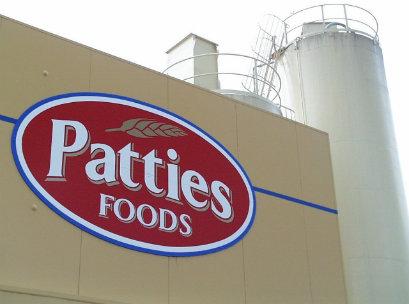
Australians have been warned to brace for another hit to the cost of living as the floods devastating parts of Victoria and NSW drive up food prices, and require billions of dollars to be spent on assistance to those affected, Treasurer Jim Chalmers has warned.
Speaking ahead of his first budget, to be handed down next Tuesday, Dr Chalmers also opened the door to a longer-term root and branch look at the National Disability Insurance Scheme, which is spiralling in cost and is now one of the top five demands on the budget.
The NDIS, which was originally forecast to cost no more than $25 billion a year and grow at 4 per cent, now costs $29 billion a year, is growing at more than 12 per cent, and is forecast to hit $60 billion a year by 2030.
“We believe in the NDIS, and we want to make sure it’s delivering for people with a disability in this country,” Dr Chalmers said.
“Part of that means making sure that the money that’s spent on that, really quite extraordinary sums of money ... is doing the job that it’s supposed to do.
“We don’t have a lot of room in this budget to spray money around unnecessarily. Where we can make programs more efficient, we should.”
However, so-called “tough measures” to tackle the huge structural costs imposed by the NDIS, health, aged care, interest payments on debt and defence will be the focus of subsequent budgets.
Next week’s offering, Dr Chalmers confirmed, will basically be a bread and butter exercise, and will do little more than reconciling Labor’s big election promises on cheaper childcare and prescription drugs, and updating the economic forecasts.
Due to the floods that have hit some of the east coast’s major food production regions, and caused extensive property damage, the forecast deficit for this year is likely to be worse and inflation possibly higher, Dr Chalmers suggested.
“We need to brace ourselves for the impact of these natural disasters on the cost of living,” he said.
“We’re talking here about some of the best growing and producing country in Australia, and it has been seriously impacted – whether it’s the destruction of crops, or the inability to access some of these farmlands, whether it’s livestock and other consequences.
“Australians do need to brace for a cost-of-living impact from these floods. These are likely to push up the cost of living when Australians are already under the pump. It will also have obvious consequences for the budget.”
The treasurer’s office said it was too early to estimate the inflationary and budgetary impact of the floods.
Meanwhile, Prime Minister Anthony Albanese defended the decision to axe billions of dollars in Coalition discretionary grants, saying they lacked probity.
“If you want to know where my government will approach community infrastructure grants, it’ll be by delivering through local government,” he said.
“That is the way that you ensure probity, and the way that you ensure value for money is by asking local communities through their elected local representatives what their priorities are.
“I’m not a big fan of funding one private for-profit corporation, which is in competition with their neighbour next door.
“Whether that be a farm, or whether it be other produce as well, I think that gets you into real difficulty, and probity issues is the polite term to use.”


